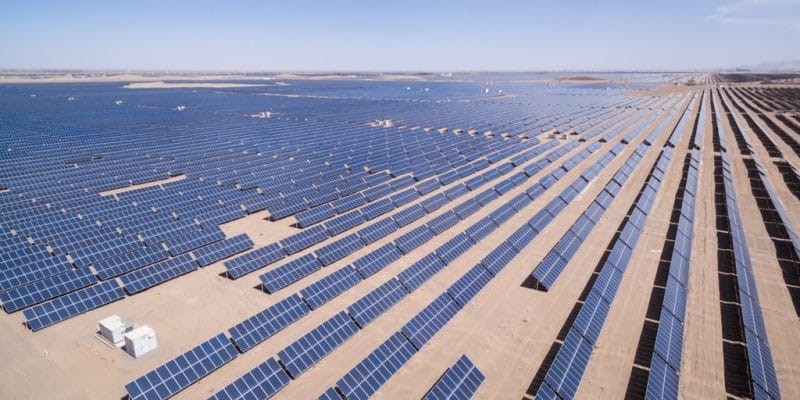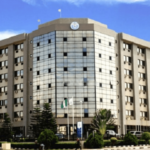Egypt and Djibouti have formalized an agreement to construct a 276.5-kilowatt solar power plant in Djibouti, a project aimed at enhancing Djibouti’s energy infrastructure and further solidifying both nations’ commitment to renewable energy.
The agreement, signed via video conference, was formalized by Egypt’s Minister of Electricity and Renewable Energy, Mahmoud Essmat, and Djibouti’s Minister of Energy and Natural Resources, Yonis Ali Guedi.
The project will be fully financed and implemented by Egypt, and bolster Djibouti’s energy infrastructure while reducing its dependence on electricity imports.
Djibouti’s renewable energy journey gained momentum in 2023 with the inauguration of its first wind farm. The country is also advancing several key projects, such as a solar power initiative in the Grand Bara desert, which has the potential to significantly boost its energy capacity and help Djibouti achieve its goal of becoming the first African nation to transition to 100% renewable energy by 2035.
- Advertisement -
The new solar power plant will contribute significantly to Djibouti’s goal of achieving energy self-sufficiency and diversifying its energy sources, which currently include wind power and plans for geothermal and biomass projects.
Essmat emphasized the strong historical ties between Egypt and Djibouti, expressing Egypt’s commitment to supporting Djibouti’s sustainable development goals through expertise sharing and tailored training programs. He highlighted Egypt’s leadership in renewable energy projects across Africa, underscoring the mutual benefits of the collaboration.
Minister Guedi welcomed the project, noting its positive impact on critical sectors such as education and healthcare, while also boosting economic and trade activities in the region. He expressed his gratitude to the Egyptian government for its support in helping Djibouti pursue its ambitious renewable energy targets.
This agreement builds on earlier collaboration between Egypt and Djibouti, including a successful training program for Djibouti’s energy personnel, also funded by Egypt.









